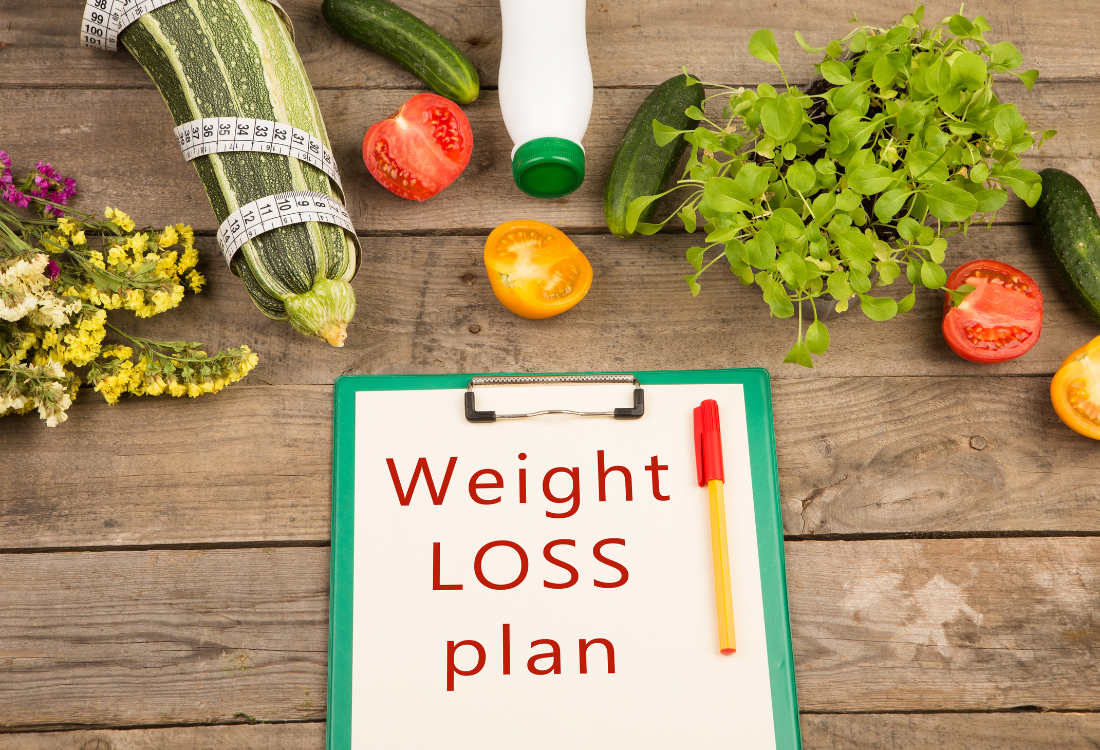The PronoKal PnK programme is a medically supervised weight loss programme. Prior to starting the programme, all patients have a medical assessment by a doctor experienced in the use of the programme, and a blood test. This ensures the safety and efficacy of the programme.
Frequently Asked Questions
How can I get started on the PronoKal programme?
How much weight can I lose with PronoKal?
It doesn’t matter how much weight you need to lose, PronoKal can help you on your weight loss journey. We have patients who only need to lose a few kilos (around half a stone), while others have lost much more, some even more than 70 kg (11 stone) (https://www.pronokal.co.uk/reviews).
Is it good to lose weight fast?
Rapid weight loss is not necessarily bad, as some people would have you believe. Under controlled conditions, rapid weight loss has been shown in clinical trials to lead to better long-term weight control. PronoKal achieves rapid weight loss, boosting motivation and helping you reach your target weight. The PronoKal programme includes dietary and lifestyle re-education and long-term follow-up to help prevent weight regain.
I have type 2 diabetes. Can I do a ketogenic diet?
Yes, most people with type 2 diabetes can do a ketogenic diet like the one used in the PronoKal PnK programme. Your doctor will assess this for you and will tell you if there are any issues. Patients on treatment with insulin or with certain oral antidiabetic medicines should not use ketogenic diets.
Can I eat fruit when in ketosis?
No, fruit contains sugars. If you eat fruit, it will bring you out of ketosis and you will lose the fat-burning and other metabolic benefits of ketosis. That is not to say that fruit is not healthy, and when you come out of ketosis, it absolutely should be reintroduced into your diet. Think of the PronoKal PnK keto diet as a short-term, medically supervised programme to achieve rapid, quality weight loss. Given the long-term benefits of this programme, it is worthwhile avoiding fruit for just 2 or 3 months. The PronoKal programme then helps you develop a healthy diet and lifestyle that will include all food groups, especially those with the really beneficial nutrients, such as fruit.
Why do I have to eat every 3 hours during the active phase of the PronoKal PnK programme?
The PronoKal PnK programme uses a very low calorie ketogenic diet. This means that your body will be burning up its stored energy. Mostly, this will come from fat, but some protein will be used for energy too. This is normal. Eating protein at frequent intervals will stop your body drawing protein from your muscles and thus help to prevent a loss of muscle mass, so you just lose fat.
Why shouldn’t I do HIIT (high-intensity interval training) when in ketosis?
High-intensity aerobic exercise demands a high rate of energy delivery. Normally, this is provided by glucose (sugar). Until you are very well adapted to ketosis, the fat-burning systems can function rather slowly and, as the body’s sugar store has been depleted, such high-intensity exercise can cause a fall in your blood sugar levels, leading to dizziness or even fainting.
Ketosis can also cause dehydration if not correctly controlled and supervised. This can lead to a fall in blood pressure, which would be exacerbated by HIIT.
When starting a ketogenic diet, it is therefore very important to have appropriate supervision from a qualified expert. Your PronoKal doctor, nutritionists, and personal trainers are fully aware of these issues and can advise you on exercise plans throughout the phase of ketosis.
Is it okay to go cycling while I am on the PronoKal PnK programme?
Cycling is a form of aerobic exercise and, as such, is a very healthy component of a daily exercise regimen. However, the intensity of this exercise must be kept to low or moderate when on the PronoKal PnK programme. If you overdo it, there can be a drop in you blood sugar or blood pressure, leading to dizziness. Clearly, on a bicycle this could be very dangerous. Please talk to your PronoKal doctor or to the PronoKal staff before cycling.
Does ketosis cause constipation?
Constipation can occur in some people using a keto diet because the restriction of vegetables, fruit and whole grains means we are eating less fibre than usual. Remember that simply going to the toilet less often does not necessarily mean you are constipated; for example, on very low calorie keto diets like the PronoKal PnK programme you will eat less volume and probably need to go to the toilet less often. As long as defecation is not difficult (straining) or painful (hard stools), and you feel that you have “done all you need,” then constipation is unlikely. You can download our recommendations for treating mild constipation from our downloads page. If these measures are insufficient, if you develop abdominal pain or swelling, or if you are in any other way concerned about your situation, please contact the PronoKal staff or your doctor, as they will be able to help.


